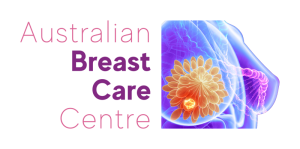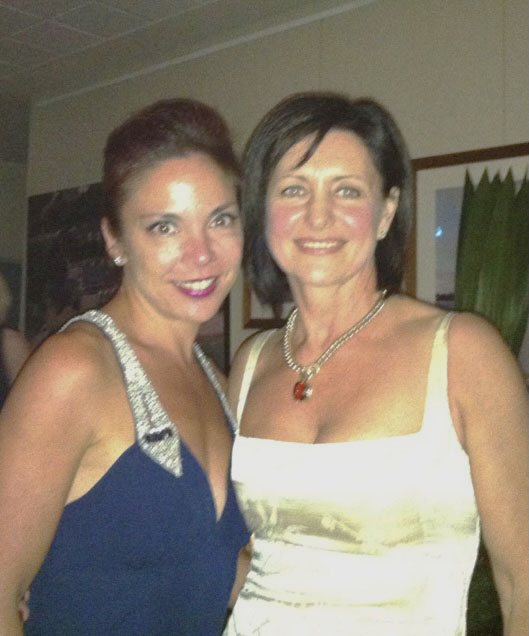“Breast cancer affects 1 in 7 women and is the leading cause of cancer death in females”*
Background
The Australian Breast Care Centre (ABCC) was formed by leading Oncoplastic Breast Surgeon, Dr Nicole Yap, who’s close friend Tina Hussey was diagnosed with breast cancer during her pregnancy (years prior to their friendship). Her treatment was in retrospect, fatally inadequate. She had surgical removal of the cancer with no radiation or follow up treatment leaving her to face the disease’s return 10 years later. Tina fought again for 5 years, but succumbed leaving behind three children, two of whom were still in school.
This experience led to a call to action and hence the Australian Breast Care Centre was born so that women like Tina should have the best chance of early detection and appropriate treatment.
Mission
ABCC’s mission is to increase awareness to enable early detection of breast symptoms, improve access to MRI and genetic testing, as well as improving aesthetic outcomes in breast cancer surgery for positive mental health – especially in younger age groups (<50).
ABCC aims to empower education amongst the general public, General Practitioners and relevant government bodies; to equip women with tools to notice any change in the norm of their breasts and to go for regular clinical checks.
ABCC aspires to achieve these goals by:
working with women to increase awareness for early detection;
reforming screening for early detection;
widen access to genetic testing;
MRI screening; and
improve surgical practice to consider reconstructive and aesthetic outcomes.
Why?
“23% of women diagnosed with breast cancer are under 50 years.”
Unfortunately, in younger age groups (< 50 years) breast cancer is aggressive, however symptoms are not always prioritised by primary health care providers or the general population. This leads to late detection and higher mortality rates.
“Currently 9 Australians die from breast cancer each day”
The use of appropriate screening methods and genetic testing is proving to be highly useful in the early management of high risk individuals.
Current genetic testing identifies 12 genetic mutations which increase the risk of developing breast and/or ovarian cancer in the individual’s lifetime. Most individuals with these mutations will develop breast cancer at a much younger age.
Current subsidies for MRI breast and genetic testing do not consider patients who sit outside age brackets or have ambiguous family history.
MRI is the most sensitive scan for detecting breast cancer, however is poorly subsidised. ABCC aims to introduce MRI’s into the management of breast investigations, specifically the younger groups and those with dense breasts.
Cancers may be found in patients who have for non-cancer related procedures. As an additional preventative measure, ABCC will work to enforce mandatory work-up screening to identify any breast pathology, prior to cosmetic breast surgery.
*These figures were accurate at the time of publication and could be subject to change


